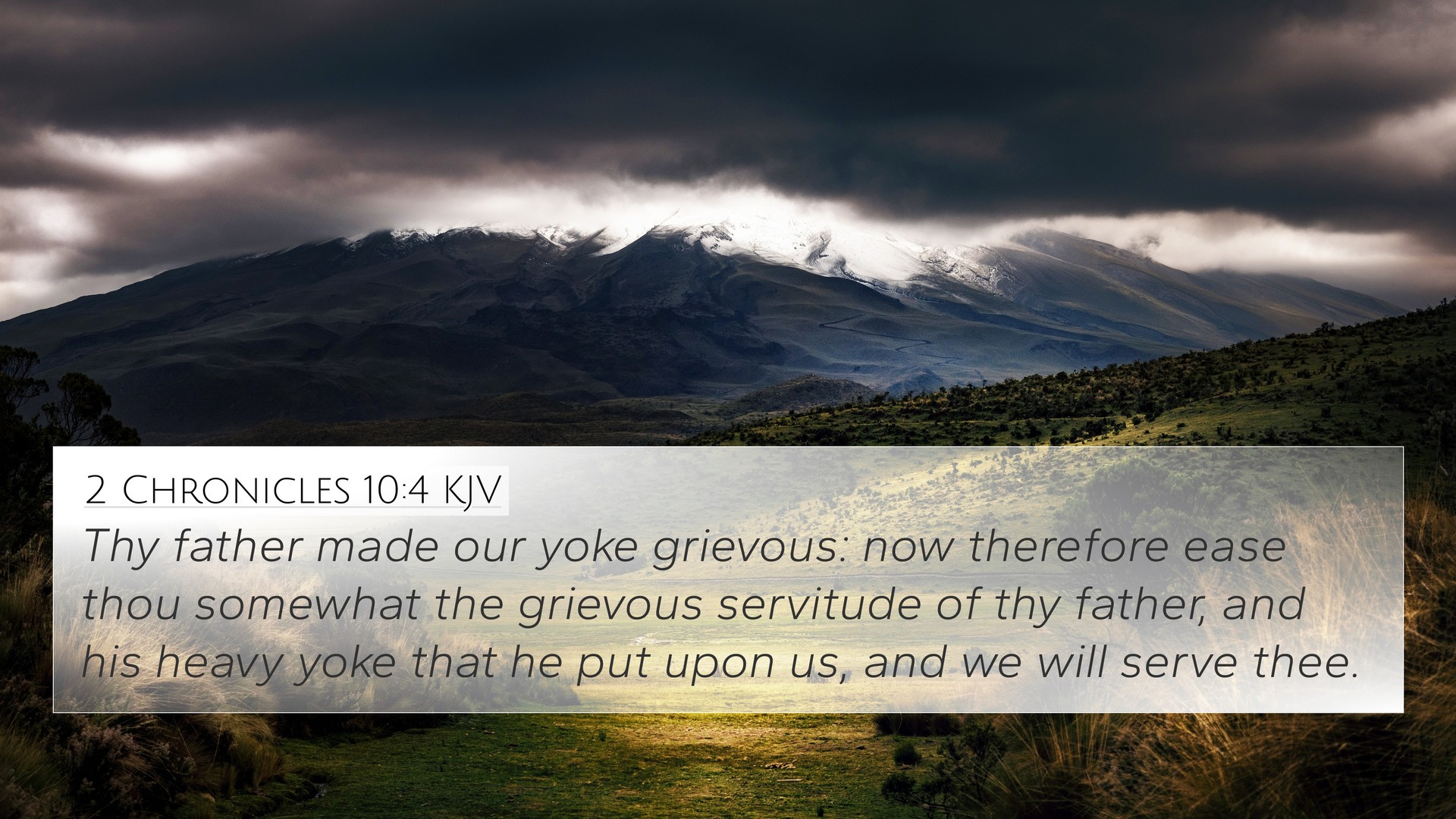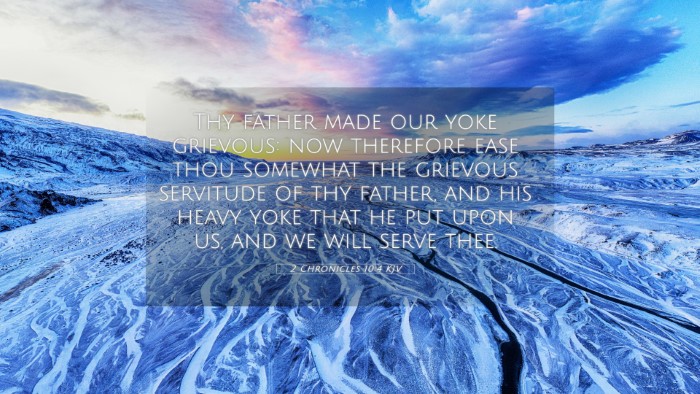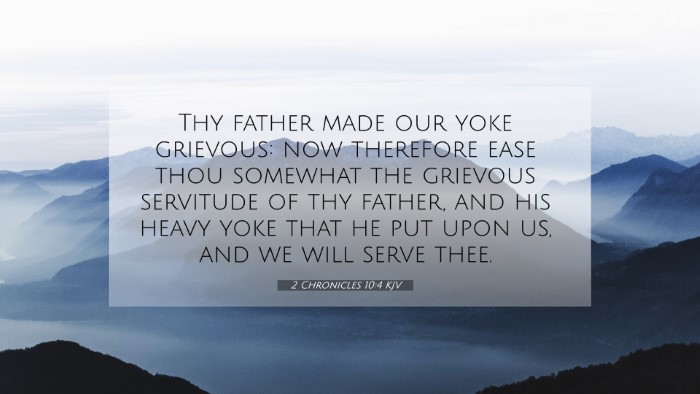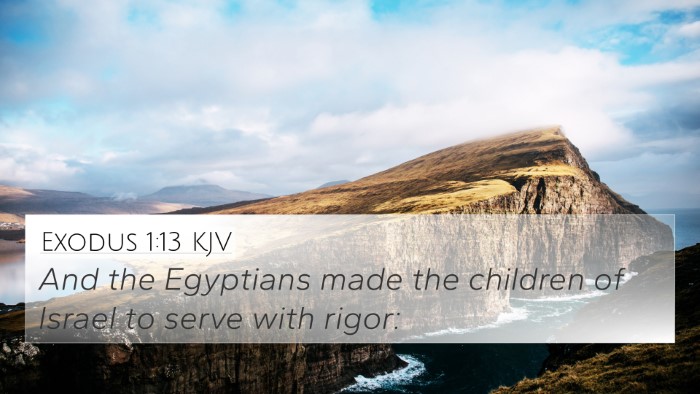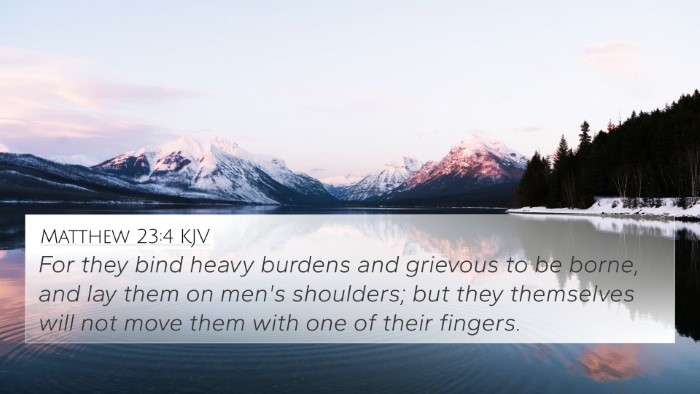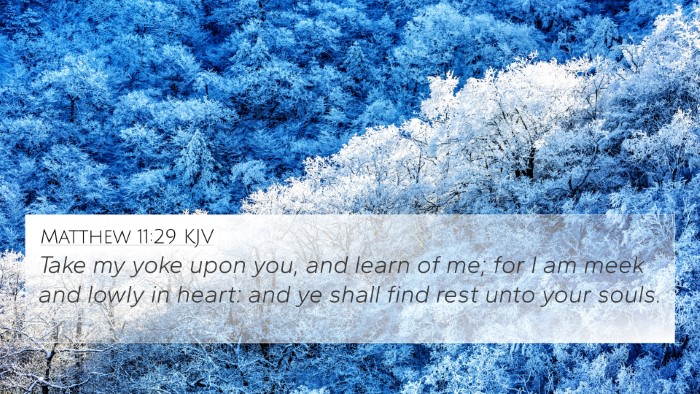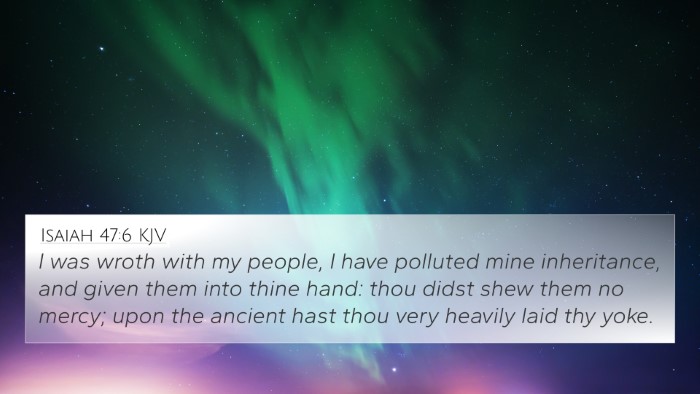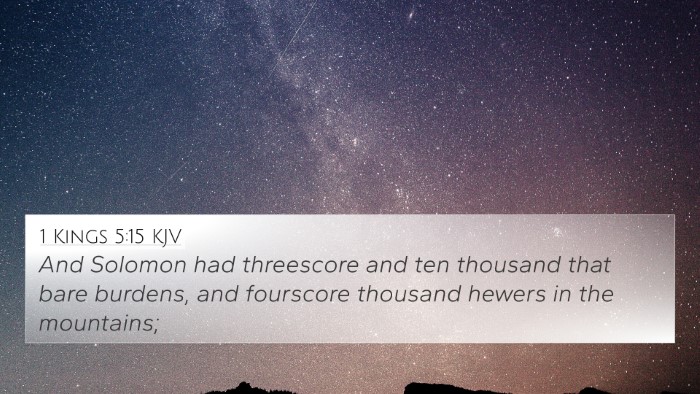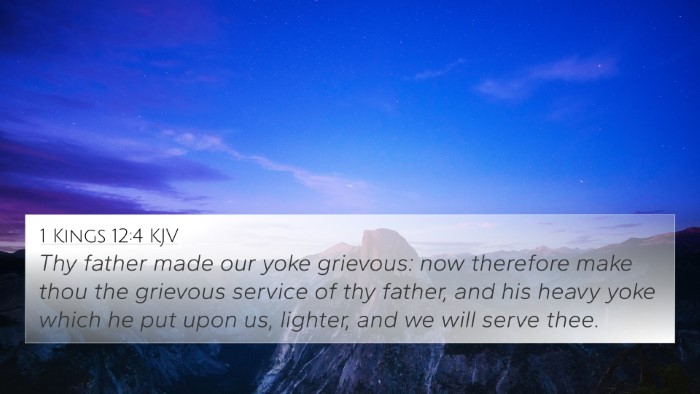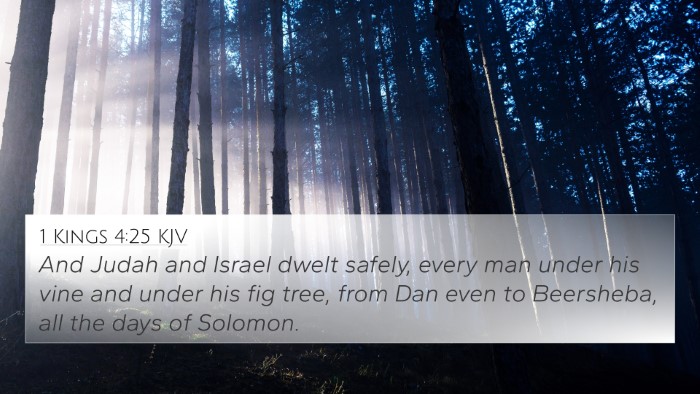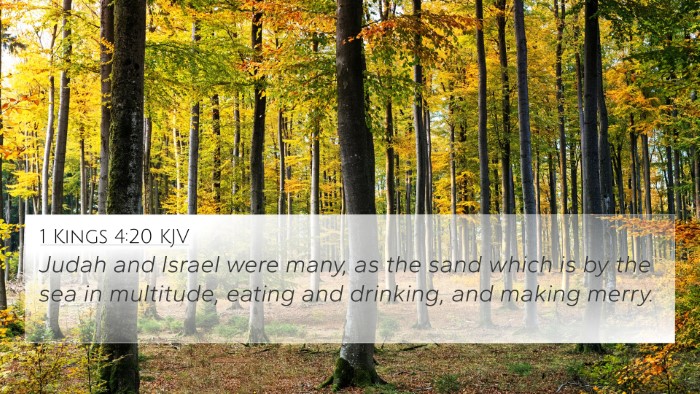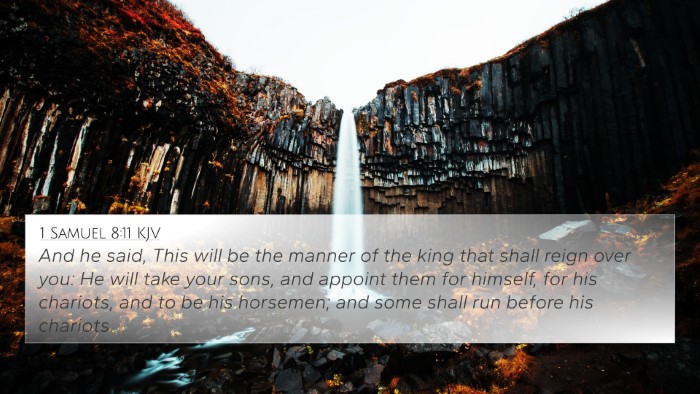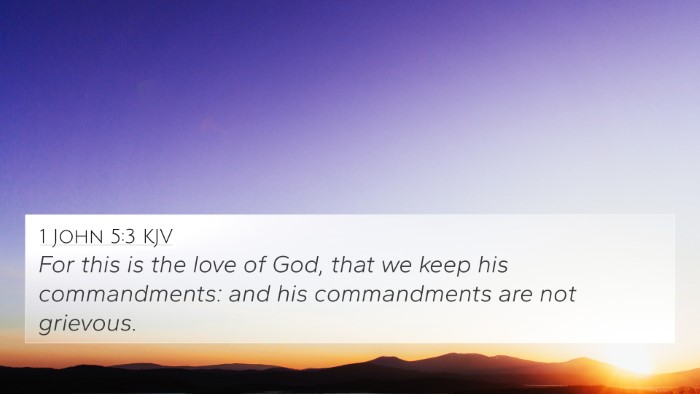Understanding 2 Chronicles 10:4
Bible Verse: 2 Chronicles 10:4 - "Your father made our yoke heavy; now therefore lighten the hard service of your father and his heavy yoke on us, and we will serve you."
Context and Background
This verse takes place in the historical narrative of the Israelite monarchy during the transition of power from Solomon to his son Rehoboam. The people of Israel, represented by Jeroboam, approach Rehoboam to request a lighter burden, reflecting the heavy taxation and forced labor imposed by Solomon. This appeal is significant as it highlights the people's discontent and their desire for a more compassionate leadership.
Key Themes
- Leadership Responsibility: The verse underscores the weighty demands on leaders and the expectations of their followers.
- Burden and Service: It reveals the relationship between authority and subjection, emphasizing the need for mercy in leadership.
- Public Sentiment: The request signifies the voice of the people—a powerful indicator of the social dynamics at play in Israel during this period.
Commentary Insights
Matthew Henry's Commentary: Matthew Henry points out that the elders and the people express a universal sentiment among those who have borne the burdens of leadership. The heavy yoke symbolizes oppression, and the request for lighter burdens reflects a righteous appeal for justice and compassion in governance.
Albert Barnes' Notes: Albert Barnes emphasizes the implications of Rehoboam's decision regarding this request. He notes that how Rehoboam responds will significantly shape the future direction of the kingdom. This request is not merely about alleviating physical burdens but is symbolic of the desire for a leader who listens and responds to the plight of his people.
Adam Clarke's Commentary: Adam Clarke highlights the wisdom in the request, prioritizing the well-being of the populace. He suggests that the character of leadership is tested in moments of crisis, such as when a leader must decide whether to maintain or lighten the pressures upon their constituents.
Bible Cross-References
This verse connects to various other scripture passages that discuss themes of leadership, service, and the collective voice of the people.
- 1 Kings 12:4: A parallel passage where the people express their concerns about Solomon's heavy yoke.
- Exodus 18:21-22: Advice given to Moses on leadership and how to bear the burdens of the people.
- Isaiah 9:4: A prophecy about liberation from oppression, which resonates with the people's plea for relief.
- Matthew 11:28-30: Jesus invites the weary to find rest in Him, echoing the desire for relief from burdens.
- Luke 22:26-27: Jesus teaches His disciples about servant leadership, contrasting it with worldly authority.
- 1 Peter 5:2-3: An exhortation to leaders to shepherd the flock willingly and not out of compulsion.
- Proverbs 29:2: When the righteous are in authority, the people rejoice; when the wicked rule, the people mourn.
Thematic Connections
By examining 2 Chronicles 10:4 alongside other passages, we derive deeper insights into the common biblical themes surrounding leadership and public welfare:
- Compassion in Leadership: Several passages illustrate the call for leaders to prioritize kindness and understanding in their governance.
- Public Discontent: The concerns of the people are echoed throughout the scriptures, reminding us of the need for leaders to listen and respond appropriately.
- Accountability: Leaders are held to a higher standard in scripture, reflecting the immense responsibility they carry.
Conclusion
2 Chronicles 10:4 serves not only as a historical account but also as a timeless reminder of the dynamics of power and responsibility between leaders and their people. The themes of compassion, accountability, and the weight of leadership resonate across the entirety of scripture, making this verse a focal point for believers seeking to understand the nature of authority and service within a biblical context.
Further Study Suggestions
For those wishing to delve deeper into the meanings and connections of this verse, consider the following:
- Explore the books of 1 Kings and 2 Chronicles for a comprehensive view of the monarchy in Israel.
- Engage in Bible cross-reference guides to uncover additional parallels and themes within the text.
- Utilize a Bible concordance to trace words and phrases that may connect different scriptures related to leadership and burden-bearing.
- Participate in a cross-reference Bible study group to engage in collective examination and discussion.
- Investigate the New Testament teachings of Jesus and the Apostles regarding leadership and the treatment of followers.
Final Thoughts
Understanding 2 Chronicles 10:4 requires recognizing the historical context, the weight of leadership responsibilities, and the echoes of the people’s cries throughout the scriptures. This verse not only ties into the greater narrative of Israel’s history but also stands as a poignant reminder for all who lead today.
